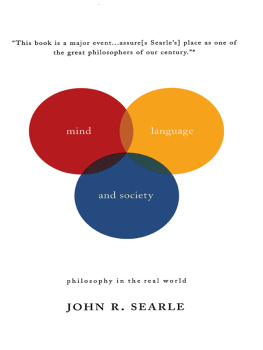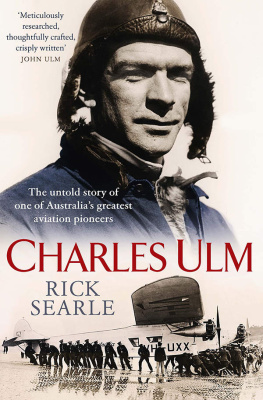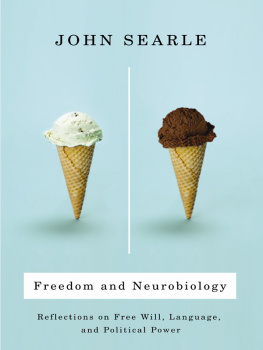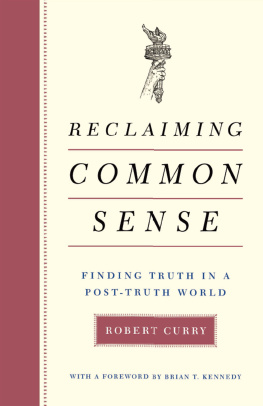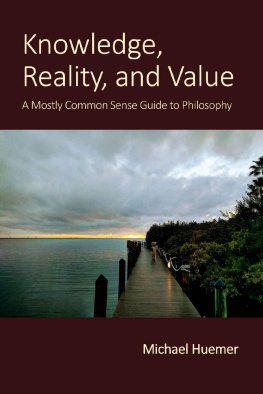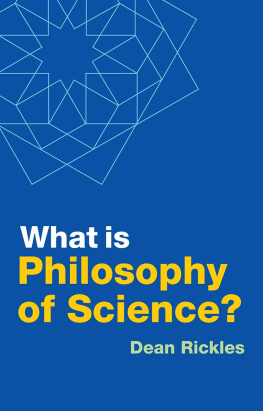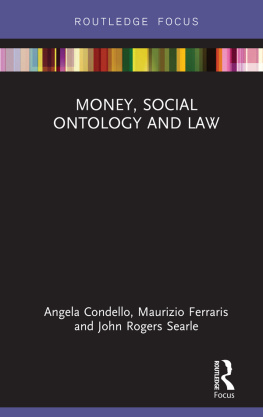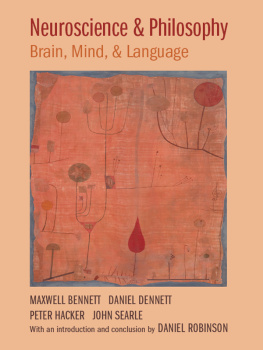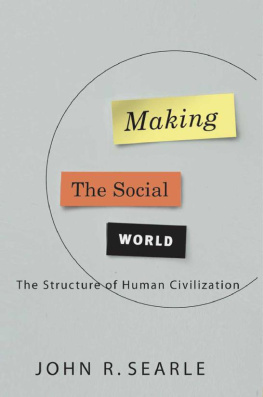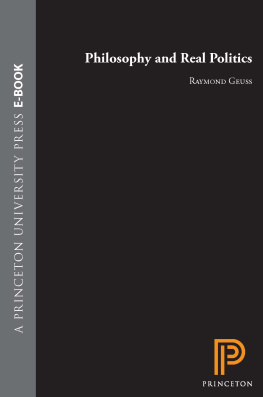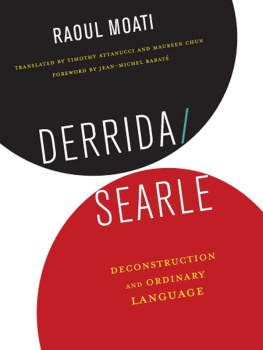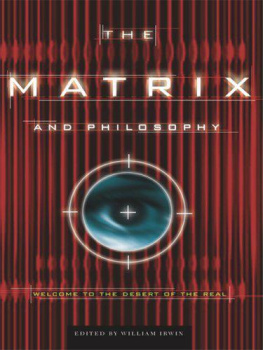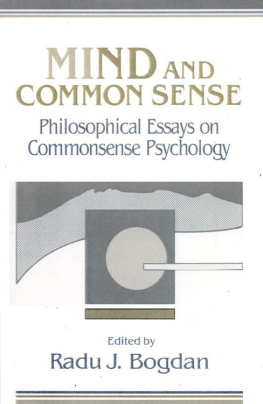These concise and accessible books present cutting-edge ideas by leading thinkers in a highly readable format, each title a crystallization of a lifetimes work and thought.
This is good publishing. PBS, eat your heart out.
Kirkus Reviews
Aimed at busy, nonmathematical readers, this precise series evinces solid quality control and begins under highly favorable auspices.
A. L. A. Booklist
If this standard is maintained, the Science Masters series looks set to play a major role in the responsible popularization of sciences.
New Scientist
Copyright 1998 by John R. Searle.
All rights reserved. Printed in the United States of America. No part of this book may be used or reproduced in any manner whatsoever without written permission except in the case of brief quotations embodied in critical articles and reviews. For information address Basic Books, 387 Park Avenue South, New York, NY 10016-8810.
A CIP catalog record for this book is available from the Library of Congress.
INTRODUCTION
Anyone who writes books on a variety of topics must eventually feel an urge to write a book explaining how the various topics relate to each other. How does it all hang together? This is such a book. In it I try to explain, at least in summary form, some of my views on mind, language, and society, and to explain how they relate to each other, and how they fit into our overall contemporary conception of the universe. Indeed, my first thought for a subtitle was How It All Hangs Together.
I am partly emboldened to undertake such a project by the generous reception given my 1984 Reith Lectures for the BBC, published in book form as Minds, Brains, and Science, which was similarly broad in scope. Both books attempt to address a wide range of problems in a way that is accessible to nonspecialists, but without sacrificing intellectual complexity. The earlier book stayed at the levels of the mind and brain. This one tries, so to speak, to climb up the levels from mind to language and social reality generally.
Both books also exemplify a pervasive contemporary trend in philosophy: for a large number of philosophers, the philosophy of mind is now first philosophy. Problems about language, knowledge, ethics, society, free will, rationality, and a large number of other topics are best approached by way of an understanding of mental phenomena. In my hands at least, they are approached by way of an analysis of mind that rejects both dualism and materialism. I set out to write a book about mind, language, and society, and now that it is finished, I discover that a disproportionately large part of it is about the mind. Given the intellectual basis from which the argument proceeds, that emphasis should not be surprising.
I have borrowed shamelessly from my earlier writings. Friends of those works may justifiably feel a sense of deja vu at some of the ideas in this book. I can only say that in order to tell you how it all works together, I have to tell you some of the things I have said before.
Several people have helped in the preparation of this book. I especially want to thank my research assistant, Jennifer Hudin; and most of all, my wife Dagmar Searle, who, as usual, was helpful at every stage. I dedicate this book to her.
MIND, LANGUAGE AND SOCIETY
ONE
Basic Metaphysics: Reality and Truth
The Enlightenment Vision: Reality and Its Intelligibility
From the time of the scientific revolutions of the seventeenth century until the early decades of the twentieth, it was possible for an educated person to believe that he or she could come to know and understand the important things about how the universe works. From the Copernican Revolution, through Newtonian mechanics, the theory of electromagnetism, and Darwins theory of evolution, the universe made a kind of sense, had a kind of intelligibility, and was becoming ever more accessible through the steadily increasing growth of knowledge and understanding. It was even possible for educated people to feel that scientific knowledge was perfectly consistent with, even an adjunct to, their religious faith. This belief required making a distinction between two metaphysical realmsthe mental or spiritual on the one hand, and the physical or material on the other. Religion owned the spiritual realm, science the material. This distinction between the realms of the mind and the body seemed independently justifiable; indeed, it had a long history and received its most famous formulation in the work of Rene Descartes, a philosopher who was very much part of the seventeenth-century scientific revolution. Even the great subversive revolutionaries of the late nineteenth and early twentieth centuries, Sigmund Freud and Karl Marx, though they rejected Cartesian dualism, thought of their work as part of the growth of science as it had been conceived since the seventeenth century. Freud thought he was creating a science of the mind, Marx a science of history and society.
There was, in short, a long period in Western civilization when it was assumed that the universe was completely intelligible and that we were capable of a systematic understanding of its nature. Because these twin assumptions found expression in a series of classic statements in the European Enlightenment, I propose to call them the Enlightenment vision. The high-water mark of this optimistic vision came in the late nineteenth century, especially in Bismarckian Germany and Victorian England, and two of its most eloquent exemplars were Gottlob Frege, a German mathematician and philosopher, and Bertrand Russell, a British logician and philosopher.
Beginning in the early decades of the twentieth century, a number of events, intellectual and otherwise, happened to challenge and undermine this traditional optimism both about the nature of things and about our ability to comprehend that nature. My guess is that the greatest single psychological blow to the intellectual optimism of the nineteenth century was not an intellectual development at all but rather the catastrophe of the First World War. There were also a number of purely intellectual challenges, however, to the Enlightenment vision. Both the intelligibility of the real world and our capacity to comprehend the world seemed to come under attack from various quarters. First, relativity theory challenged our most fundamental assumptions about space and time, and about matter and energy. How, for example, are we to understand a universe where, according to Albert Einstein, if we went to a star at nearly the speed of light and returned in ten years we would be ten years older but everything on earth would be a hundred years older? Second, the discovery of the set theoretical paradoxes seemed to challenge the rationality of that very citadel of rationality, mathematics. If the foundations of mathematics contain a contradiction, then nothing seems secure. As Frege himself said when confronted with Russells paradox, Your discovery of the contradiction has surprised me beyond words and, I should almost like to say, left: me thunderstruck, because it has rocked the ground on which I had meant to build arithmetic. It seems to undermine not only the foundations of my arithmetic but the only possible foundations of arithmetic as such. And Ludwig Wittgenstein, the most influential philosopher of the twentieth century, is taken by many to have shown that our discourse is a series of mutually untranslatable and incommensurable language games. We are not engaged in one big language game, in which there are universal standards of rationality and everything is intelligible to everybody, but in a series of smaller language games, each with its own inner standards of intelligibility.

